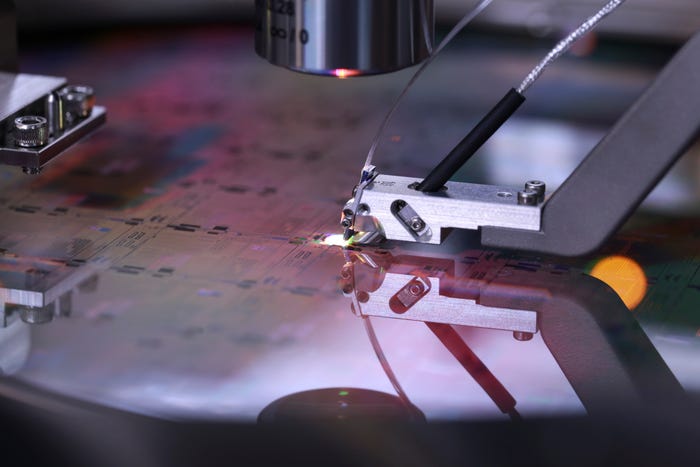
Connects decision-makers and solutions creators to what's next in quantum computing
EY Survey: Top Management ‘Slow to Embrace’ Emerging Tech
Employees said these new technologies will help them do a better job

At a Glance
- Nine out of 10 U.S. workers say adopting emerging tech will help their companies but top management is slow to adopt them.
- That is a concern because emerging tech will help them do a better job.
- Employees acknowledge higher cybersecurity risks for the company but say that workers will use them anyway.
Rank-and-file U.S. employees are excited about emerging technologies such as generative AI and the metaverse, but they feel this excitement is not filtering up to top management – potentially leading to lost opportunities.
According to Ernst & Young’s (EY) ‘Emerging Tech at Work Survey,’ nine out of 10 employees believe that adopting these technologies will benefit their companies. However, 59% also said top management is “slow to embrace” these potentially “game-changing technologies.”
The Big Four accounting firm surveyed 1,000 employees on their views regarding AI/ML, AR/VR, biometrics, edge, quantum computing, digital twins and others.
Stay updated. Subscribe to the AI Business newsletter.
With slower adoption, these technologies are already out of date by the time their firms adopt them in the workplace, said 52% of respondents.
That is a concern because most employees say using these technologies would “change their role or job function for the better.”
For example, 61% of employees said generative AI would raise their efficiency, 62% said it would speed up their work and 60% said it would increase their productivity.
Also, 87% said having digital twins will help them do a better job and 86% said so about edge computing while 84% believe it about quantum computing and 80% said the same about cloud/serverless computing.
In three years, the technologies most widely expected to be used in business were generative AI (55% said so) and AI/ML (50%). Currently, one-fourth of U.S. workers use AI/ML to automate tasks and 60% are willing to do the same in the future.
While employees acknowledge that adopting new technologies bring cybersecurity risks, they also believe that this would not stop workers from using them.
About the Author(s)
You May Also Like
.png?width=100&auto=webp&quality=80&disable=upscale)
.png?width=100&auto=webp&quality=80&disable=upscale)
.png?width=400&auto=webp&quality=80&disable=upscale)
.png?width=400&auto=webp&quality=80&disable=upscale)




